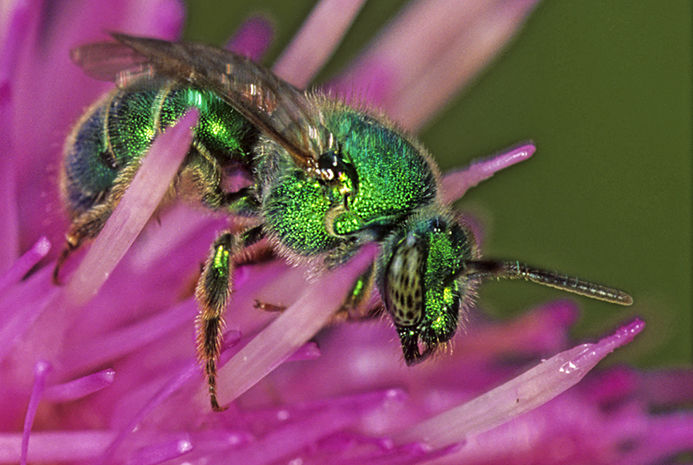
World Bee Day

I don’t think I really appreciated bees when I started beekeeping in 2018; I certainly didn’t see the symmetry between them and our communities. With years to reflect, I’ve grown to appreciate bees as an organism, hives as superorganisms and their many species as mirrors into our world.
It’s hard to overstate just how crucial our pollinators are. And, in a year when commercial beekeepers lost up to 70 percent of their hives, it’s easy to want to say once more that “bees are important.” But as a hobby beekeeper with half a decade of experience, I wanted to take the time to talk about how bees are—and aren’t—what you may expect and to talk about how we, as students, diplomats and MUNers, can learn from them.
The honeybee is not native to the Americas; it’s a transplant. Over time, honeybees have become a crucial part of our agricultural system (pollinating up to 74 percent of certain agricultural crops in the United States alone). The idea of a 70 percent loss of commercial bees is scary, and should be. But honeybees are only a part of the story.
There are over 4,000 species of mason bees in North America, over 2,000 species of native bees in Europe and almost 3,000 in Africa. (I could continue, but I’ll save you and me the citations). In reality, almost none of these species create honey, so they get lost in the conversation. Many of them don’t even look like what we’d consider “bees” at all, boasting beautiful green carapaces and round little bodies. They are joyous, but in a different way.
At the end of the day, bees of all kinds are crucial, and I could expound further on their importance to agriculture. Instead, here’s what they’ve taught me about cooperation and diplomacy.
Little contributions matter. The average worker bee collects one-twelfth of a teaspoon of honey over the course of its lifetime. It’s nothing on its own. But it contributes to the collective effort. Last year, one hive in our garden gathered over 100 pounds of honey. A single honey harvest is the life’s work of over 80,000 bees.
Diplomacy in particular is the product of decades of small wins. No single “big” diplomatic moment happens without thousands of small fights behind it. Now more than ever this lesson is important. Whether you win or lose, it is the effort of fighting for good that matters in the end, because your fight pushes others forward.
The local matters. One mile. That’s the average distance any given bee travels over the course of a day. Only one mile from their hive. You or I could likely walk that in a half hour. But, for bees, their world is close to home. Despite being so small, bees impact their world immensely. It would not exist without them. The more I think about this, the more I’ve been left to reflect on how valuable the hyper local is for those of us wanting to make positive changes, particularly when world problems feel huge. I may not be able to change the world as a whole, but I can change the world around me.
Good lasts. Honey can last thousands of years without spoilage. A combination of extremely high density, active enzymes and antibiotic properties means that honey preserves itself, even for millennia. When you make something worthwhile, its impact lasts forever.
I’ll admit, my last year of beekeeping was rough. I caught three swarms, only keeping one. That hive did not last the harsh Minnesota winters (though I think this one was mild). But it’s beautiful nonetheless. Perhaps the greatest lesson bees have taught me is persistence.
If you would like to learn more about bees, both honeybees or mason bees, there are many resources above that can serve as a starting point. You can also email me (bree@amun.org)—I may be the head of AMUN’s rules committee, but I’m also an enthusiast prepared to talk until you tell me to stop. In the meantime, you can find information about my favorite non-European species, the Mexican stingless honeybee (Melipona beecheii), here.

Keep Up With The Accords
More to read
The AMUN Accords is a premier resource for fact-based Model United Nations simulations. We are always looking for new contributors. Want to write for the AMUN Accords? Check out out the submission guidelines and then get in touch!
